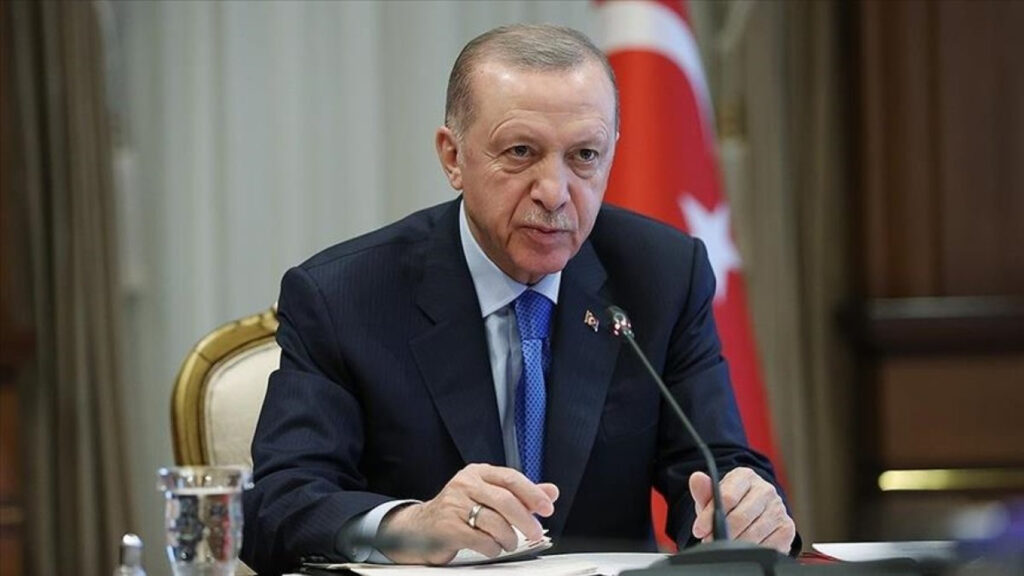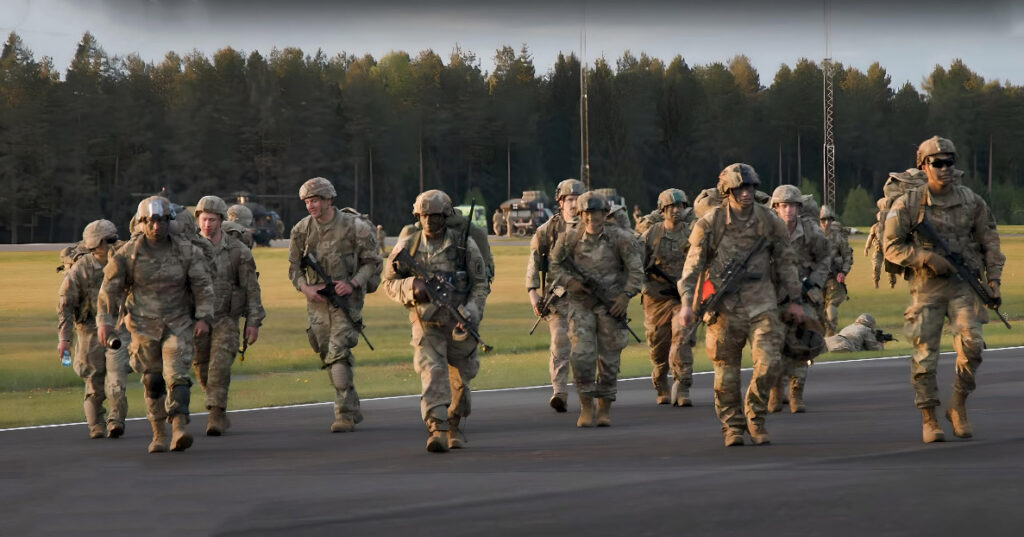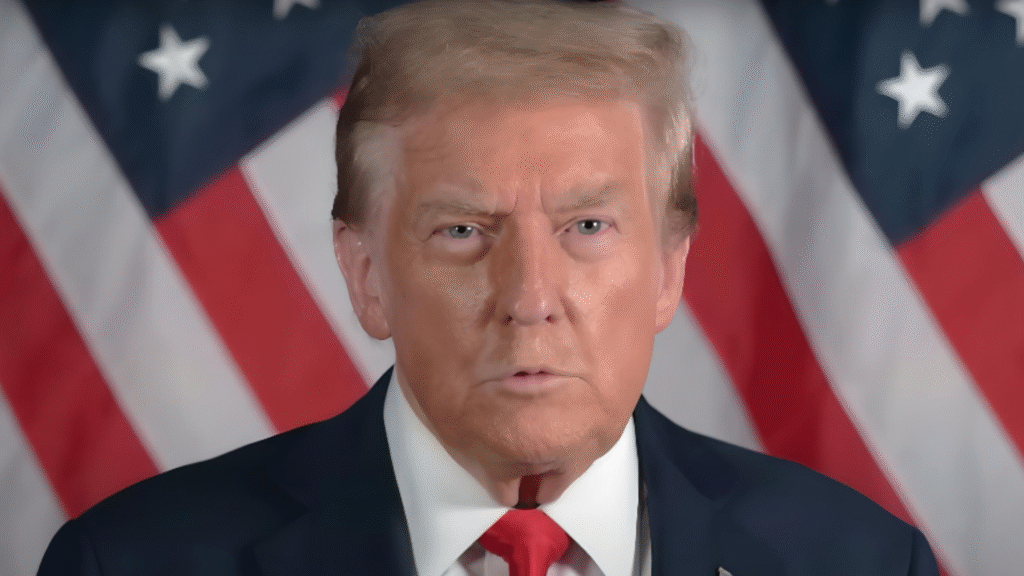Ankara is taking a confident diplomatic step to maintain the fragile balance of interests in the South Caucasus. Returning from a visit to Baku on July 5, 2025, President Recep Tayyip Erdoğan called for constructive dialogue between Baku and Moscow. Speaking to journalists aboard his plane, he emphasized that the situation demands not a show of force, but a mature political approach where both sides demonstrate respect for established channels of communication.
According to the Turkish leader, his talks with Azerbaijani President Ilham Aliyev showed that Baku is interested in stabilizing the situation. Despite a series of incidents that have heightened tensions, Azerbaijan, in Ankara’s view, is not aiming to escalate the conflict and sees diplomatic mechanisms as the primary platform for resolution. Erdoğan expressed confidence that both parties have enough potential to avoid irreversible steps and bring dialogue back to a constructive track.
Relations between the two countries deteriorated significantly following a tragic incident at the end of 2024, when a passenger plane from Azerbaijan crashed, leading to accusations against Russian military systems. Since then, tensions have risen: the detention of Russian journalists and alleged intelligence officers in Baku, followed by searches in Russian cities and the deaths of Azerbaijani citizens, have symbolized mutual suspicion. All this has undermined the atmosphere of trust that once allowed the countries to negotiate despite their differences.
Ankara, as an influential partner to both sides, emphasizes its interest in preventing a new wave of instability in the region. The Turkish leader highlighted that the South Caucasus has already been the scene of devastating conflicts, and the priority now is to preserve the fragile balance that still exists. Regional stability is viewed as a strategic asset affecting economic and humanitarian processes across the area between the Black and Caspian Seas.
Turkish analysts note that Ankara’s growing role in the region is not an attempt to seize the initiative but a desire to fill dangerous trust gaps. Turkey continues to increase its influence through cultural ties, economic investments, and energy projects, doing so without pressure or ultimatums. On the contrary, Ankara offers a platform where compromises that take into account the interests of all parties can be found.
Against the backdrop of geopolitical shifts and changing power configurations, Turkey’s approach becomes a vital element in conflict restraint. The willingness to mediate demonstrated by Ankara could play a key role in de-escalation and help the region avoid another spiral of instability. The era of unilateral influence is giving way to a time of flexible multivector diplomacy, and this approach, according to Turkish diplomats, is what can ensure much-needed resilience in the South Caucasus.



